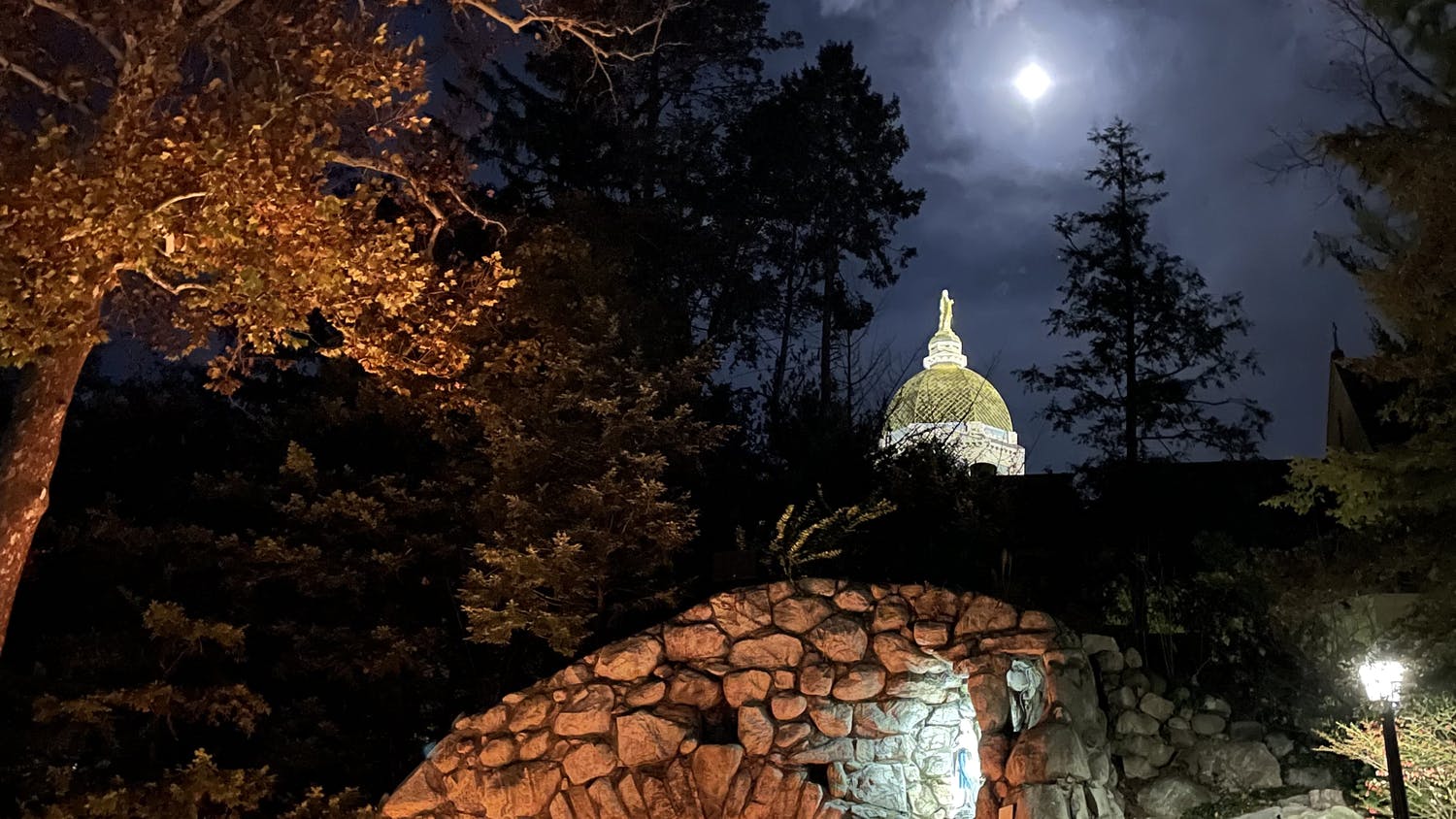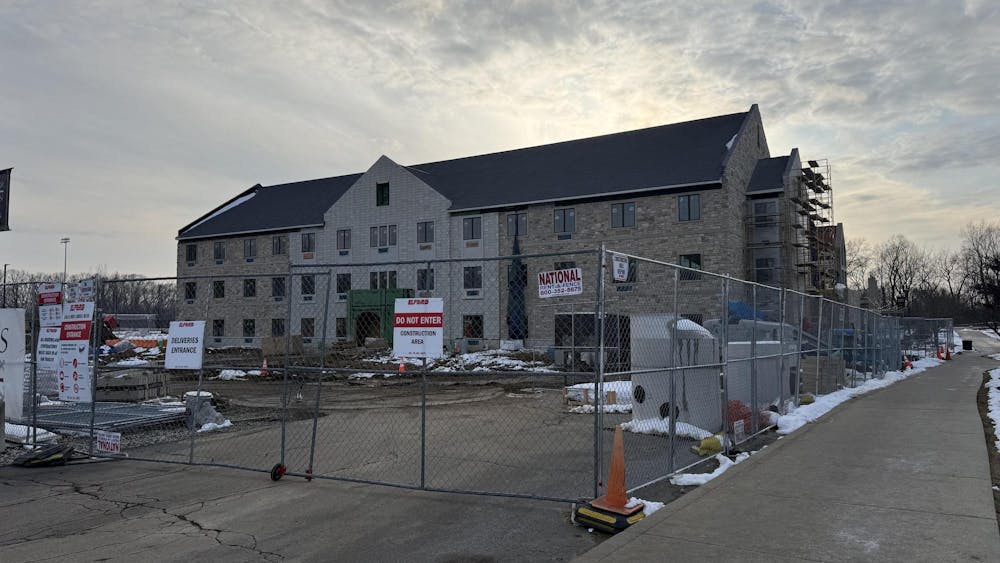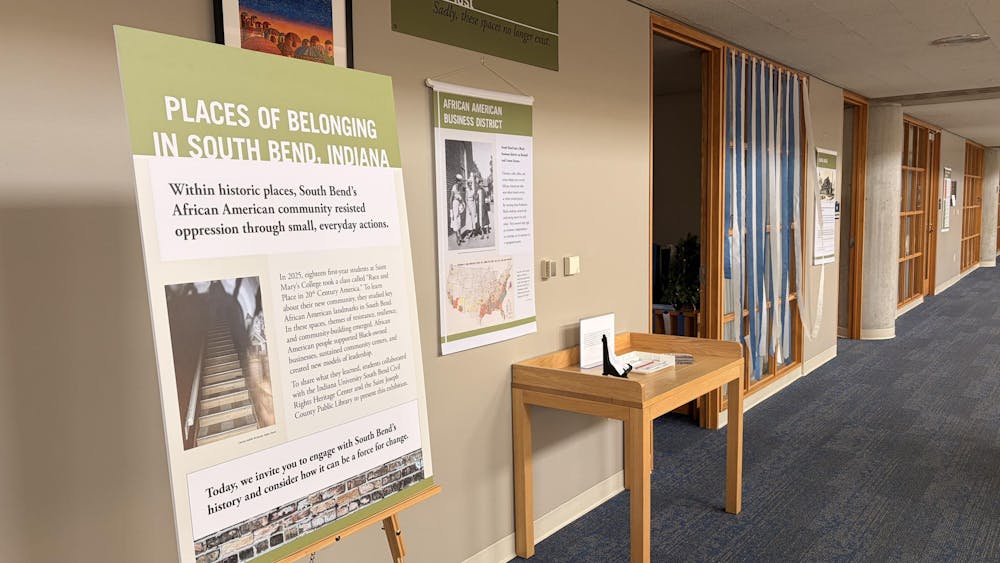Wendsler Nosie, former Chairman of the San Carlos Apache Tribe of Arizona, and David Smith, a lawyer who specializes in Native American litigation, spoke to law students Tuesday night about the protection of Native American sacred sites. The two experts focused on the Southeast Arizona Land Exchange and Conservation Act, which traded 2,400 acres, much of it tribal land, to the Australian-British mining company Resolution Copper, a subsidiary of Rio Tinto, the largest mining company in the world. Nosie is the leader of the Occupy Oak Flat, a movement which is in opposition to the Southeast Arizona Land Exchange, and he intends to protest until the Act is repealed.
Smith said Nosie is a leader not only for the Apache but also for other native tribes.
"[Nosie] is taking the issue of sovereignty and the importance of protecting culture and religion, and he has shown how it should be and how it should be preserved,” Smith said.
Resolution Copper plans to use a mining method called "block caving," which involves blasting the ore body deep underground before removing the copper. Environmentalists around the world oppose the method for its ecological risks.
To start the lecture, Smith provided a review of the legal history of the protection of exercise of religions and focused on its application to Native American religions.
The bill was proposed 13 times and denied, Smith said. He said it was only passed when it was included as a midnight rider onto the 2015 United States National Defense Authorization Act.
“So within this 550-page piece of legislature regarding defense spending, there’s this 10-page bill turning the Apache sacred site over to the Rio Tinto mining company,” he said.
Nosie said he was concerned people were not fully aware of the consequences that this mining project would have on the spiritual life of Apaches and provided a brief history of the oppression of Native Americans. He said without the knowledge of the foundations of Native American history and culture, it is difficult for Americans to have informed opinions about issues such as the Southeast Arizona Land Exchange.
“The sad thing that I come across in fighting is that it seems like America knows nothing about all these issues,” he said. “It’s really alarming because it goes back to what we say about the possibilities that may occur down the road if America doesn’t wake up.”
The bill did not initially have any support outside of Arizona congressmen, due to the fact that the congressmen from other states recognized the lack of transparency within the bill, Nosie said.
“Nobody, other than our own congressional state leaders, supported [the bill],” he said. “And so, in 13 attempts in Washington it never passed because the other congressmen from the other states felt the same: that there was no transparency and that this wasn’t a good bill, not only for the religion part, but economically, environmentally, nationally and internationally."
More information can be found at apache-stronghold.com
Read More
Trending









